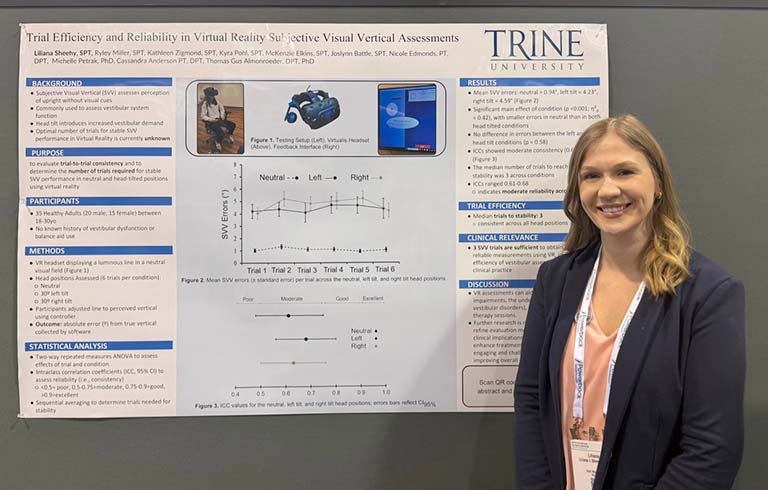While the nursing shortage in the United States is well-known, many are unaware of
a pending crisis due to the shortage of nursing faculty.
In fact, the shortage of faculty may make the nursing crisis more acute, since many
prospective students cannot enter nursing programs due to a lack of faculty. Nursing
schools in the United States turned away 75,029 qualified applicants from baccalaureate
and graduate nursing programs in 2018, with causes including an insufficient number
of faculty.
This number will continue to grow as current nursing faculty retire. Without an increase
in nursing faculty, there will be fewer nurses to care for a growing population of
senior adults.
There are multiple reasons this issue exists.
First, to become faculty in a nursing program, a candidate must be a nurse. The qualifications
vary with the type of nursing program; however, the candidate must often have a master’s
degree or doctorate in nursing. Nursing differs from other programs in that it looks
for faculty with clinical expertise and oftentimes previous teaching experience.
Nurse educators are expected to have subject knowledge, awareness of health care systems,
clinical skills, expertise in teaching methods and classroom management skills, in
addition to keeping current with changes in healthcare delivery. Nurse educators should
be sensitive to meeting student needs, with retention a priority. Nurse educators
have the additional role of serving on program and school-wide committees, advising
students, and participating in student recruitment. Once hired, many novice nurse
educators experience stress transitioning from a confident, capable nurse to their
new role as educator.
The prospect of returning to school to earn a graduate degree with the goal of teaching
while working as a full-time nurse, along with the burden of time away from family
and a decreased social life, is daunting. The funding required to earn a higher degree,
the commitment of study time, and a fear of not knowing all the answers to student
questions contribute to a decrease in nurses desiring to teach.
Current salaries of nurses provide little incentive to leave the hospital setting
for a lesser-paid position as an educator. Many nurse educators must continue to work
in a healthcare setting on their off days to supplement their teaching income. This
often produces stress and exhaustion. Faculty vacancies contribute to an increased
teaching workload and little time to remain current in their role as educator, and
can lead to resignations. The lack of sufficient nursing faculty often produces a
challenge to determine coverage for time off.
Strategies are needed to attract and retain qualified nurse educators:
- Programs can “grow their own” by assisting graduates and current faculty in acquiring
higher degrees with incentives such as a decreased workload and paid tuition.
- Employing part-time or adjunct faculty can alleviate some of the burden; however,
many universities and colleges have constraints on the number of adjuncts in a degree
program.
- Employing faculty who have no formal nursing education to teach non-nursing required
courses such as pharmacology or advanced pathophysiology can lessen the burden on
the nursing faculty.
- Employing instructors who are nurses but lack a doctoral degree for courses such as
statistics is also a possibility.
- Universities and colleges may consider decreasing the length of the nursing program
or decreasing the number of required courses.
While these are all possibilities, there does not exist one tried-and-true course
of action that will alleviate the shortage issue. The first step is to recognize this
crisis and begin to take steps to solve this growing problem.
Charlene Bell, RN, Ph.D., is a faculty member in Trine University’s RN-to-BSN program.
Last Updated: 02/09/2021


